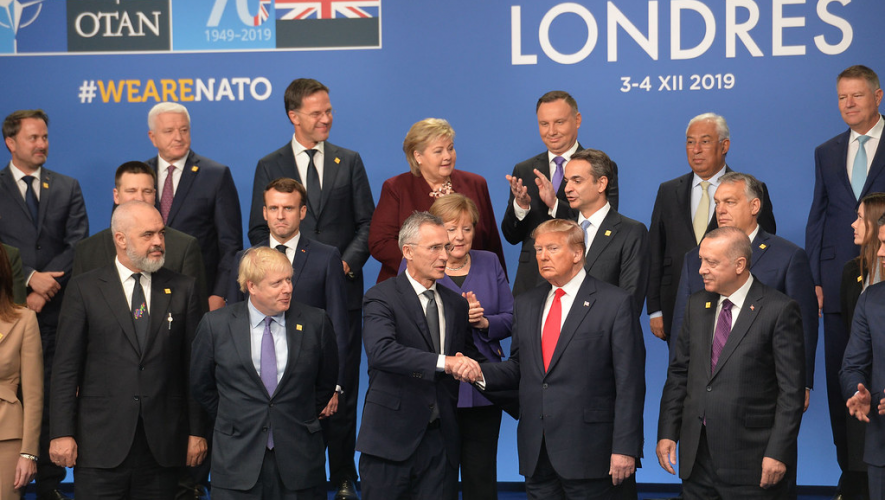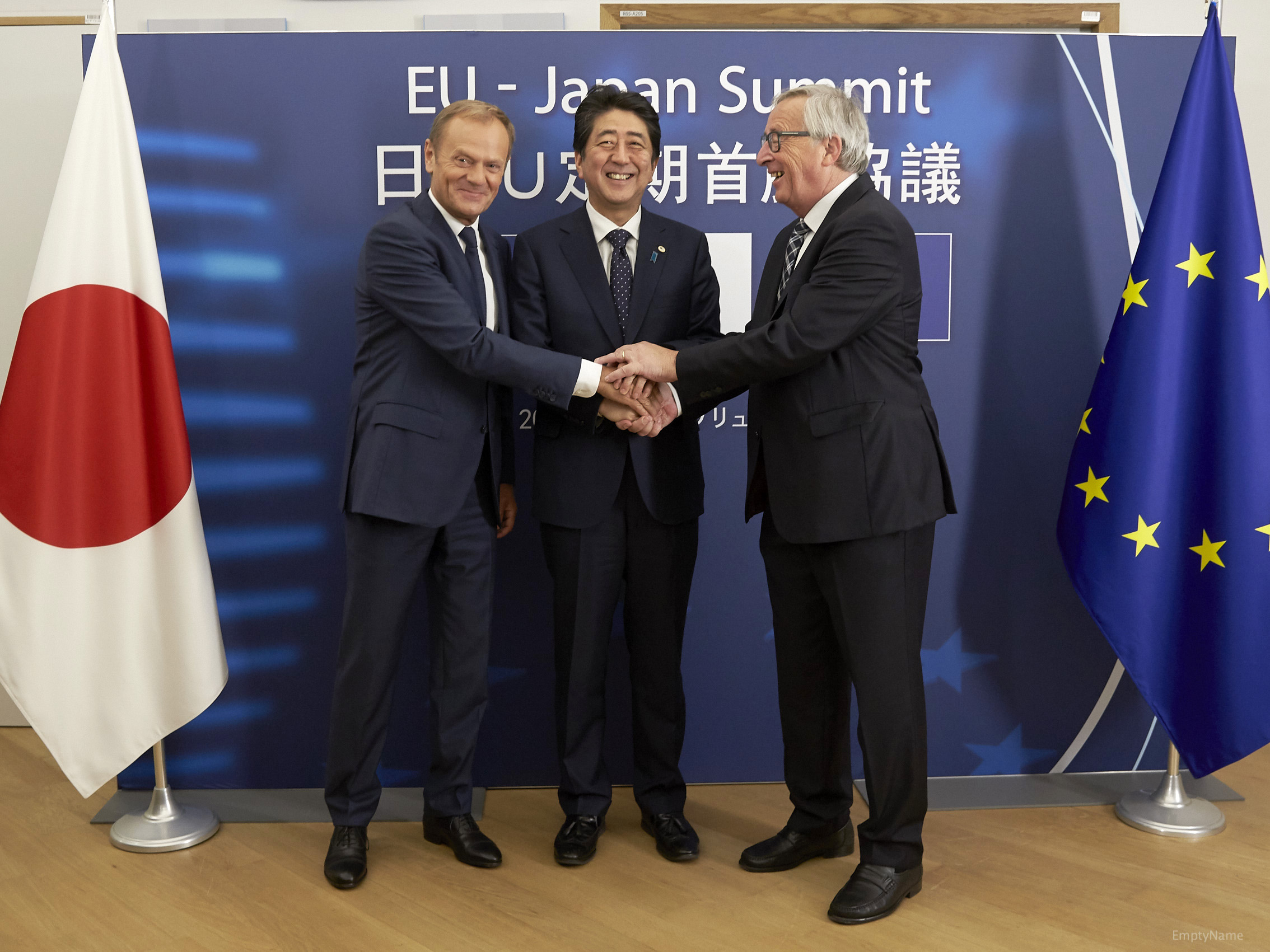American voters consider a holistic set of factors during presidential elections. Chief among these are issues like health care, the economy, immigration, civil rights, and other domestic matters. While these are all tremendously important, Americans often overlook foreign policy when voting for the leader of the free world.
But this election serves as a referendum on the presidency of Donald Trump, who has already racked up a laundry list of misguided foreign policy decisions. While many of these missteps fall under larger trends of American foreign policy, perhaps the most damaging trend that he has amplified has been the systematic decline of relations with our most important foreign ally: Europe.
US–European relations involve many of the largest global economic and military powers. A collection of diplomatic, security, and economic ties, the transatlantic relationship emerged out of a need for collective peace and reconstruction after two world wars, and has grown for over seventy years upon shared values of democracy, multilateralism, liberalism, and human rights. The allies have long collaborated to create and uphold the norms of international politics and promote peace and security, including through shared obligations to institutions like the UN and the North Atlantic Treaty Organization.
Since taking office, Trump has put this critical relationship under a difficult stress test.
On matters of security, he has repeatedly blasted European allies in NATO for lagging behind on commitments to spend two percent of their GDP on defense. While this burden-sharing critique spans several administrations, the Trump administration went a step further and enacted plans to withdraw thousands of American troops from Germany as punishment. It proceeded with limited information and notice to European allies on which troops will remain deployed in the continent and where, potentially weakening NATO’s deterrence posture in Europe.
This was not the first time the Trump administration undermined a valuable, coordinated, transatlantic decision-making apparatus. When the administration decided in 2019 to withdraw US military support from joint efforts in Syria—without first discussing the decision with NATO allies—French President Emmanuel Macron labeled it the “brain death” of NATO. Though his outlook was more openly negative than most European leaders, our allies now duly question how committed the US will remain to the military alliance, especially in light of recent reports that a second Trump administration could initiate a US withdrawal from the Alliance.
On trade relations, the administration has cast aside diplomacy in favor of a trade war with European allies, decrying the trade deficit with the European Union (EU) as justification. In 2018, Trump approved steel and aluminum tariffs that hit $7.5 billion worth of European products, while continuing to threaten tariffs on European cars produced by our allies. More recently, the administration imposed tariffs on European aircraft and agricultural products as part of a fifteen-year dispute over the EU subsidizing an airplane manufacturer that rivals US companies. With little indication that the administration will negotiate a fair settlement, the EU had no choice but to retaliate with its own tariffs.
Beyond bilateral tensions, four years of this approach to foreign policy has sown a deeper ideological divide across the Atlantic. Whereas the transatlantic relationship was founded upon—and long worked to uphold—commitments to multilateralism and global governance, Trump has consistently challenged these tenets and pulled the US away from them.
The list of Trump’s anti-globalist foreign policy actions is unwieldy. Chief among them are the withdrawal from the Paris climate accords, pulling out of the joint Iran nuclear deal, relocating the US embassy in Israel to Jerusalem, withdrawing from the UN Human Rights Council, crippling the World Trade Organization, terminating funding to the World Health Organization amid a pandemic—the list goes on. All of these mark departures from multilateral governance, disrupting efforts and positions that European allies and past US administrations developed together.
Europe’s views toward the US have ostensibly soured. Europeans hold little regard for Trump, and it is difficult to blame them. Through all of his affronts to security and economic cooperation, his antagonism toward multilateralism, and even a lack of standard diplomatic behavior, Trump has no problem violating diplomatic norms and publicly abusing America’s closest friends.
This is not to say that transatlantic relations were always rosy before 2016. The Bush administration certainly sparked tensions by invading Iraq and withdrawing from the Kyoto Protocol, and Barack Obama’s “pivot to Asia” even created some anxiety for European allies regarding US priorities. Despite these divergences, the fundamental principles undergirding the transatlantic relationship largely remained intact.
By contrast, the past four years have been deleterious to decades of close cooperation across the Atlantic, but this direction is not necessarily permanent. Although Europe has grown vastly more skeptical of American foreign policy interests, and although preparations are underway for more European autonomy in light of this, European leaders are still holding out for a far more cooperative Democratic successor to Trump.
Though foreign policy has not always been a high priority for American voters, a bipartisan majority values it highly this time around—a promising sign, at least for Europeans who are looking to Joe Biden for his foreign policy experience and friendliness toward Europe. And as much as Europe relies on a friendly American ally, the US will also need a committed Europe in the long run. With the US facing an array of global challenges like COVID-19, climate change, cybersecurity and technological disruption, threats to democracy, and strategic competition with China and Russia, continued partnership with our allies remains paramount.
It is up to American voters now to participate in the election that will be so consequential to the transatlantic relationship, if not the whole world. As the election unfolds, both sides of the Atlantic are watching with bated breath.



